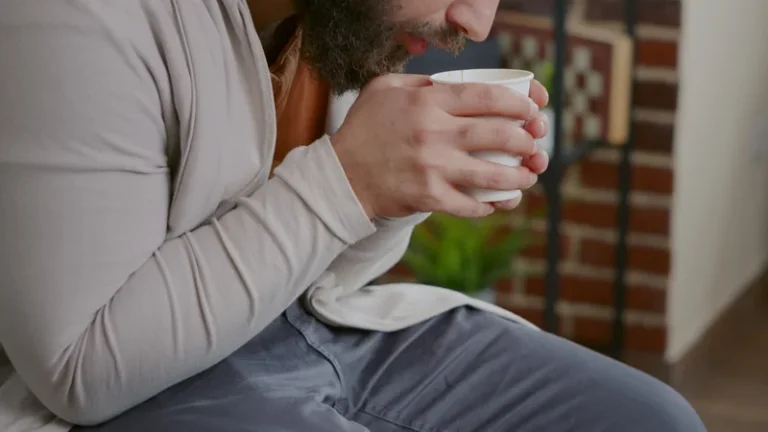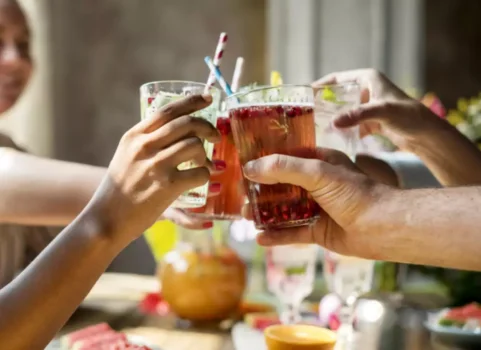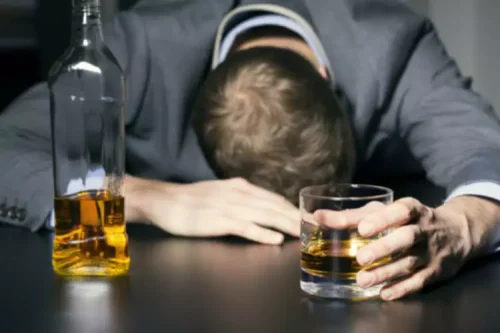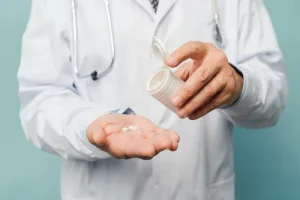
It may suggest tools and resources that offer information, treatment services, self-help (or “DIY”) tools, and/or ways to connect with others. For any and all suggestions, comments, or questions, please contact Mental Health America. For people who are concerned about their use of alcohol, drugs, or other behaviors, like gambling or self-harm. We need to discuss our relapse with a sober person on our accountability team as soon as possible. We do not want to keep a relapse a secret because it will lead to other relapses.

Warning Signs of Relapse
Repetition and consistency are vital in promoting neuroplasticity, the brain’s ability to form and strengthen neural connections, aiding recovery. Therapy sessions are instrumental in developing new coping https://ecosoberhouse.com/ skills and providing personalized guidance, while support networks offer encouragement and understanding. Remember, seeking support is not a sign of weakness but a courageous step towards recovery.
- A healthy brain releases chemicals that give you pleasure when you do something rewarding, like exercising or meeting up with your friends.
- Once you figure out your own triggers, think about something you can do instead of substance use for each one.
Identify and Avoid Triggers
- Instead, it can be an opportunity to examine what lifestyle changes, coping skills, and adjustments may be needed to prevent relapse in the future.
- Over time, these dopamine surges teach the brain to seek the drug or alcohol any time the user encounters a trigger.
- It is common, even expected, that people who are attempting to overcome addiction will go through one or even several relapses before successfully quitting.
- If you have relapsed, there will have been a number of factors that influenced or triggered your return to drug or alcohol use.
- This approach helps people in recovery anticipate the factors that might cause them to engage in their addictive behavior again—and to plan ahead for these situations.
- The majority of people who decide to end addiction have at least one lapse or relapse during the recovery process.
The relapse risk for people with substance use disorder is about 40 to 60 percent. Compare this to the relapse rate of hypertension or asthma, at 50 to 70 percent. During what to do after a relapse a relapse with addiction, there’s no reason to think we’ve failed at recovery. As a friend offering peer support in addiction recovery is always the right decision.
Relapse Is a Part of Recovery

During mental relapse, people start to consider using alcohol or other drugs. They know they shouldn’t, and they may try to practice coping behaviors. However, their negative mindset continues to negate other protective factors.
Your Brain After Addiction
Health professionals should help people in this stage acquire critical coping skills. This includes the ability to recognize high-risk situations and avoid substance use. Immediately after a relapse, you should contact your support network to assemble a game plan.
How Common Is Relapse?

Contact us today if you’ve relapsed or are headed in that direction. Remember that a relapse doesn’t mean failure — it simply means you need to adjust your recovery plan. Though it may initially feel like failure, it isn’t considered a failure if you follow these steps to get back on track.

Medications like naltrexone and acamprosate may also play a role in preventing relapse by reducing cravings and stabilizing brain chemistry. Psychologically, relapse often involves a complex interplay of emotions, including guilt, shame, and fear of judgment, which can exacerbate the cycle of addiction if not properly addressed. After a relapse, you should reach out to your sponsor, therapist or your support system.
Treatment providers
In addition to seeking professional treatment, you might consider joining a 12-step program or other mutual support groups. Relapse prevention therapy (RPT) was developed over 40 years ago by G. This approach helps people in recovery anticipate the factors that might cause them to engage in their addictive behavior again—and to plan ahead for these situations. At this stage, people in recovery are at an increased risk of relapse. You or a loved one would benefit from recommitting to recovery. Try speaking to an addiction counselor or sponsor who can help you to work through cravings and a desire to use.
Talking openly about a lapse or relapse with a care team can help you develop and strengthen your relapse prevention plan and identify how to get back on track with your recovery goals. Read more to learn about types and stages of relapse in addiction, as well as relapse prevention strategies. Therapy is extremely helpful; CBT (cognitive behavioral therapy) is very specifically designed to uncover and challenge the kinds of negative feelings and beliefs that can undermine recovery. By providing the company of others and flesh-and-blood examples of those who have recovered despite relapsing, support groups also help diminish negative self-feelings, which tend to fester in isolation. Engaging in self-care may sound like an indulgence, but it is crucial to recovery.
Return to Treatment
- Relapse is part of the learning process of determining what will work for your particular situation.
- When it does, it’s important to know this isn’t the end of your recovery journey.
- Reaching out and getting professional help should be a top priority once you’ve decided to get your life back on track.
- A lot of us already have negative feelings about ourselves or feel like recovery is something we cannot do after a relapse.
Recovered is not a medical, healthcare or therapeutic services provider and no medical,psychiatric, psychological or physical treatment or advice is being provided by Recovered. Ifyou are facing a medical emergency or considering suicide or self harm, please call 911immediately. Naomi Carr is a qualified mental health nurse with several years of experience working with children and adults in the UK. Understanding the thoughts, feelings, and circumstances that preceded your past use can help you identify situations that might be triggering for you during your recovery. A mental relapse is a mental struggle between the urge to use and a desire to remain sober.